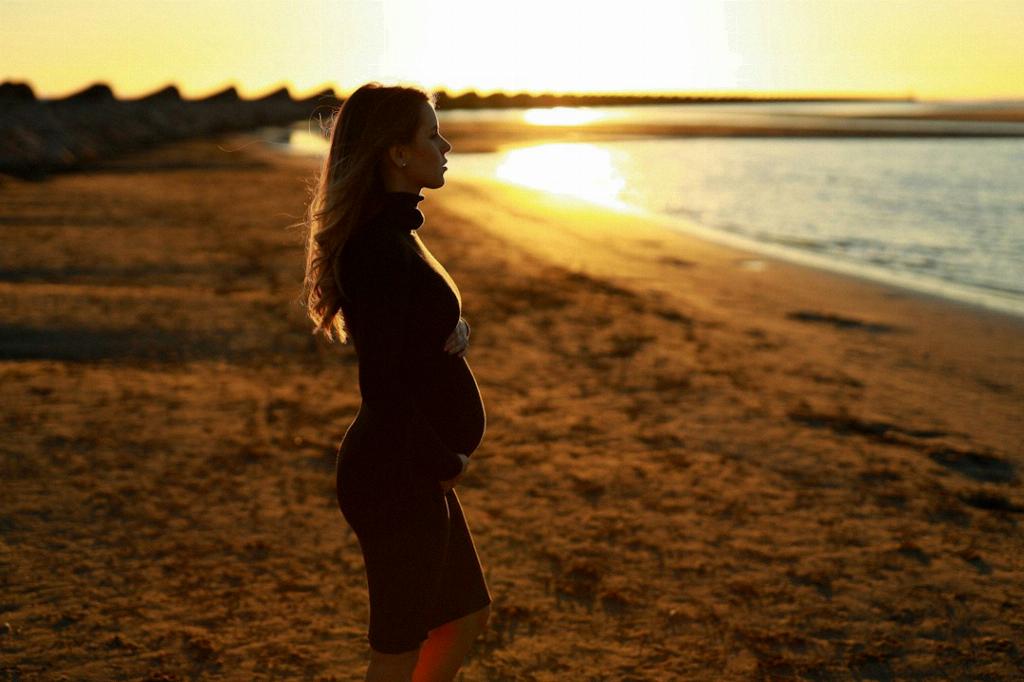When it comes to pregnancy, nutrition is key. One common question that often arises is how much milk a pregnant woman should drink. Milk is a valuable source of essential nutrients, particularly during pregnancy, as it provides vital components like protein, calcium, and various vitamins that are crucial for the health of both the mother and the developing baby.
Protein is an essential nutrient during pregnancy as it aids in the growth and development of the baby, as well as supports the mother’s changing body. In this regard, milk becomes a valuable source of protein, assisting in the buildup of vital tissues such as the uterus, blood supply, and breasts. Consuming three cups of low-fat milk per day can help a pregnant woman meet over a third of her protein requirements for a healthy pregnancy.
Calcium is another vital nutrient found in milk that is incredibly important during pregnancy. It plays a crucial role in the development of the baby’s bones and teeth, and also helps regulate muscle function and blood clotting. By including milk in her daily diet, a pregnant woman can ensure she is getting an adequate intake of calcium to support both her own health and that of the growing baby.
Along with protein and calcium, milk is also a good source of various vitamins essential for a healthy pregnancy. These include Vitamin D, which is necessary for the absorption of calcium and promotes bone health, and Vitamin B12, which plays a key role in the formation of red blood cells and the development of the baby’s nervous system.
When considering how much milk a pregnant woman should drink, it is important to note that individual needs may vary. While the general recommendation of three cups of milk per day provides a good guideline, it is crucial for expectant mothers to listen to their bodies and consult with healthcare professionals to ensure they are meeting their unique dietary requirements.
Some pregnant women may have dietary restrictions or sensitivities that prevent them from consuming dairy milk. In such cases, alternatives like fortified plant-based milks (e.g., almond milk, soy milk) can be considered to ensure adequate intake of essential nutrients.
It is also essential to remember that hydration is important during pregnancy. In addition to milk, drinking an adequate amount of water throughout the day is crucial for supporting overall health and well-being, as well as ensuring proper hydration for both the mother and baby.
While milk can be a valuable addition to a pregnant woman’s diet, it is important to maintain a balanced and varied eating plan. Including a diverse range of nutrient-rich foods such as fruits, vegetables, whole grains, lean proteins, and healthy fats is essential for meeting all nutritional needs during pregnancy.
Ultimately, the key to a healthy pregnancy is ensuring that both the mother and baby are receiving the necessary nutrients for optimal growth and development. By including milk as part of a well-rounded diet, pregnant women can ensure they are providing their bodies with essential nutrients that support a healthy pregnancy and the well-being of their growing baby.
In conclusion, while there is no one-size-fits-all answer to how much milk a pregnant woman should drink, incorporating three cups of low-fat milk into the daily diet can be a beneficial way to ensure the intake of essential nutrients like protein, calcium, and vitamins crucial for a healthy pregnancy. However, individual needs may vary, so it is important for pregnant women to listen to their bodies, seek guidance from healthcare providers, and ensure they are meeting their unique dietary requirements for a healthy and successful pregnancy journey.

